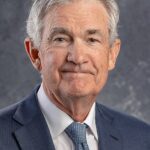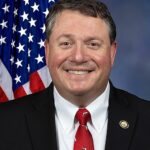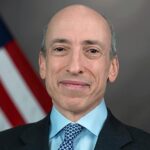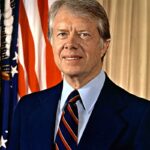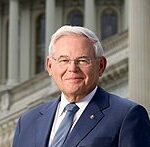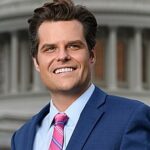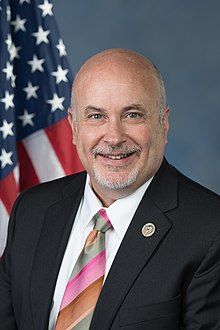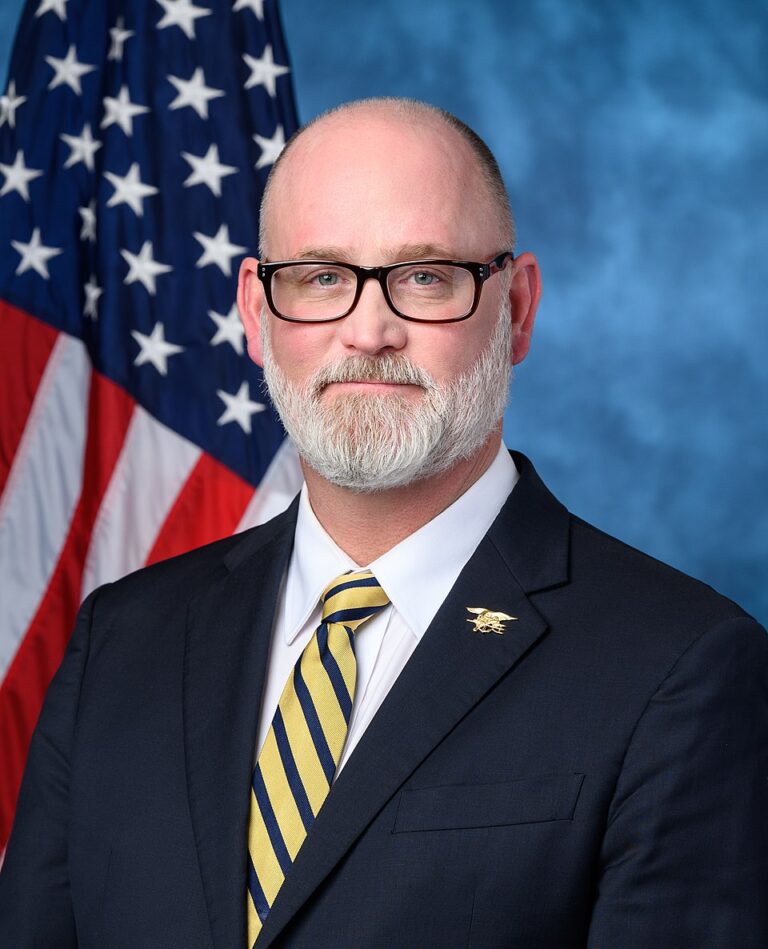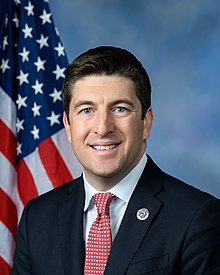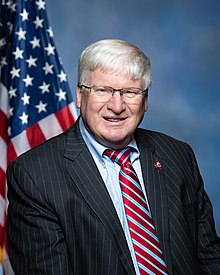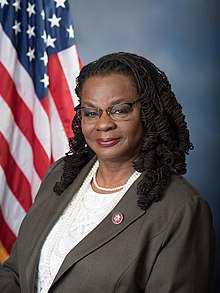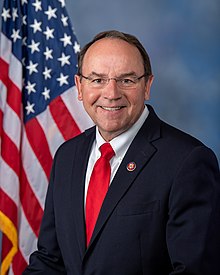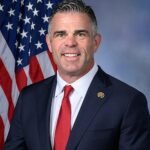 Tony Wied has served as the U.S. Representative for Wisconsin’s 8th Congressional District since November 12, 2024. A Republican and former business owner, Wied succeeded Mike Gallagher after winning a special election. He was elected in both the 2024 special and general elections, receiving strong support in a district that includes Green Bay and surrounding rural areas. Wied, born in Lincoln, Nebraska in 1976 and raised in Ashwaubenon, Wisconsin, attended St. Norbert College before building a career as a small-business owner of the Dino Stop convenience store chain.
Tony Wied has served as the U.S. Representative for Wisconsin’s 8th Congressional District since November 12, 2024. A Republican and former business owner, Wied succeeded Mike Gallagher after winning a special election. He was elected in both the 2024 special and general elections, receiving strong support in a district that includes Green Bay and surrounding rural areas. Wied, born in Lincoln, Nebraska in 1976 and raised in Ashwaubenon, Wisconsin, attended St. Norbert College before building a career as a small-business owner of the Dino Stop convenience store chain.
Policy Effectiveness and Legislative Record
In his first months in Congress, Wied has focused on infrastructure and fiscal oversight. He co-introduced the bipartisan Safe Routes Act of 2025, which allows logging trucks to travel on federal interstates for short-haul trips to support rural economies and reduce heavy truck traffic on smaller roads. Wied also supported the American Relief Act of 2025, providing targeted economic assistance aimed at bolstering small businesses and addressing supply chain challenges. He serves on the House Transportation and Infrastructure Committee and the House Budget Committee, advocating for stricter oversight of federal spending and prioritization of rural roadway improvements.
Key Votes and Voting Record
Wied’s voting record aligns closely with the Republican caucus. He voted in favor of the Fiscal Responsibility Act, which implemented spending caps and required a balanced budget amendment for future debt-limit increases. He supported the American Relief Act of 2025, emphasizing the need for targeted relief to small-business owners and rural communities. His attendance rate for roll-call votes has been above 95% since taking office, reflecting consistent participation in legislative business.
Ethics and Controversies
There are no known ethics violations or formal investigations involving Rep. Wied. During his campaign, he faced scrutiny over his business background—including the sale of his Dino Stop chain in 2022—but no ethics panels found any wrongdoing. His financial disclosures indicate compliance with federal requirements.
Constituent Service and Public Engagement
Rep. Wied maintains active engagement with his constituents through regular town halls and district office outreach. Since taking office, his offices in De Pere and Green Bay have resolved over 1,000 constituent cases, including expedited veterans’ benefits and Social Security claims. Wied hosts monthly “Coffee with the Congressman” events across northeast Wisconsin to gather input on local concerns, particularly focusing on rural infrastructure and agricultural issues.
Bipartisanship and Collaboration
Although a staunch conservative, Wied has demonstrated a willingness to work across party lines. His co-sponsorship of the Safe Routes Act with Democratic Rep. Jared Golden exemplifies bipartisan cooperation on infrastructure policy. He also joined a bipartisan coalition to support a resolution increasing oversight of federal grant distributions to rural projects, working alongside members from both parties.
Recent Focus and Public Stances
In recent sessions, Wied has emphasized advancing rural broadband expansion, advocating for additional funding through the Rural Digital Opportunity Fund. He has also pushed for increased spending on rural highways and bridge repairs, arguing that safe, reliable roads are critical to Wisconsin’s agricultural economy. On fiscal policy, Wied has called for zero-based budgeting to ensure every federal program is reviewed annually for effectiveness. He has opposed new federal carbon taxes, stating they would disproportionately harm rural communities.
Conclusion
Representative Tony Wied’s tenure reflects a focus on rural infrastructure, fiscal oversight, and constituent responsiveness. His legislative efforts on the Safe Routes Act and support for targeted economic relief demonstrate a commitment to addressing the needs of northeast Wisconsin. While his voting record remains consistently conservative, Wied’s bipartisan initiatives on infrastructure highlight a pragmatic approach to governance. As he continues to serve, his performance will be measured by his ability to secure resources for rural districts and maintain open communication with constituents.
